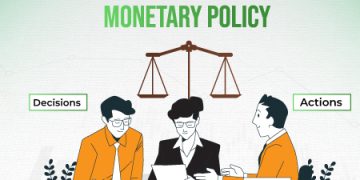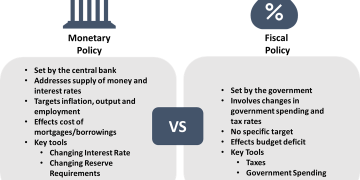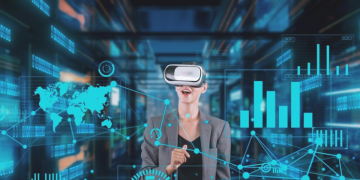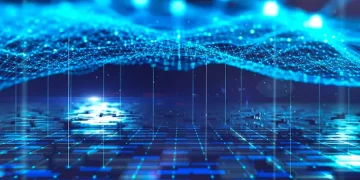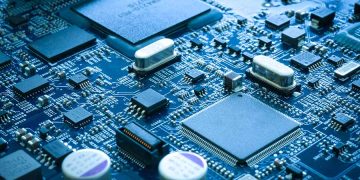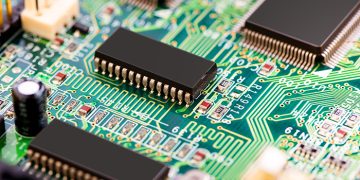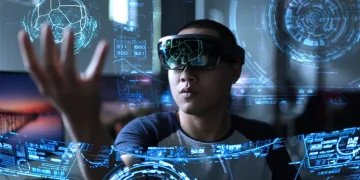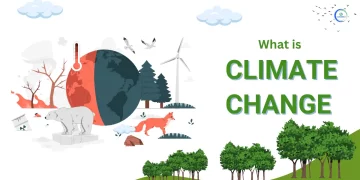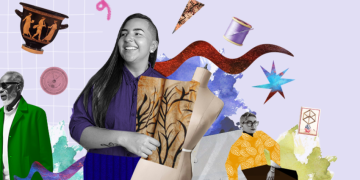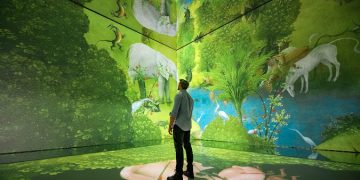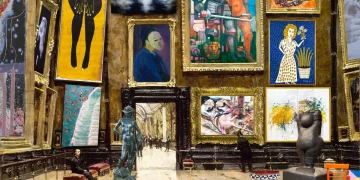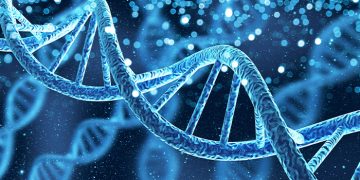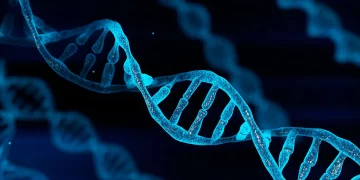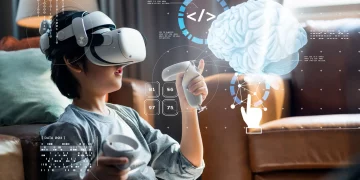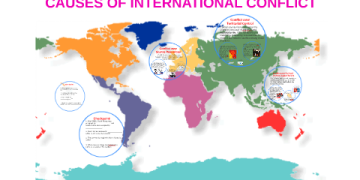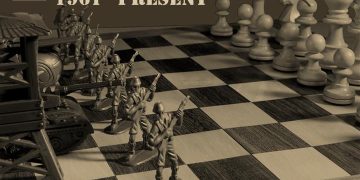Abstract
Artificial Intelligence (AI) has moved from the realm of speculative fiction into the infrastructure of everyday life. It powers search engines, predicts consumer behavior, drives cars, interprets medical images, and even generates human-like text. This paper examines how AI is reshaping three critical dimensions of human civilization: society, economy, and identity. By analyzing technological foundations, socio-economic implications, ethical dilemmas, and cultural transformations, the article argues that AI is not merely a tool but a force redefining what it means to be intelligent and human in the 21st century.
Introduction
The term “intelligence” traditionally refers to human cognitive capacities such as reasoning, learning, and problem-solving. Yet the emergence of AI complicates this understanding. When algorithms beat human champions at chess, diagnose diseases, or compose symphonies, we are forced to reconsider the uniqueness of human intelligence.
This paper explores how AI transforms:
- Society – by shaping governance, healthcare, education, and communication.
- Economy – by redefining labor, productivity, and global competitiveness.
- Human Identity – by challenging cultural values, creativity, and the concept of self.
Section I: AI and the Transformation of Society
1. Governance and Public Policy
Governments use AI for predictive policing, surveillance, and digital governance. Smart cities employ algorithms to optimize traffic, manage energy, and enhance public services. While efficiency improves, questions arise about privacy, accountability, and democracy.
2. Healthcare Revolution
AI-driven tools such as IBM Watson or Google’s DeepMind improve diagnostics, drug discovery, and personalized medicine. Algorithms detect early-stage cancers and rare genetic disorders faster than many doctors. Yet reliance on AI introduces liability dilemmas: who is responsible when an AI misdiagnoses a patient?
3. Education and Knowledge Access
Platforms like Coursera or Khan Academy use AI for adaptive learning. Personalized recommendations cater to students’ needs. However, disparities in access to technology risk widening the global education gap.
4. Social Media and Communication
AI moderates content, recommends feeds, and shapes political discourse. While it enables global connectivity, it also fosters echo chambers, misinformation, and digital manipulation.
Section II: AI and the Economy
1. Automation and the Future of Work
- Job displacement: Routine tasks in manufacturing, logistics, and services are increasingly automated.
- Job creation: AI generates demand for data scientists, AI ethicists, and engineers.
- Reskilling imperative: Lifelong learning becomes essential as industries transform.
2. Productivity and Growth
McKinsey estimates that AI could add $13 trillion to the global economy by 2030. AI enhances productivity in agriculture (precision farming), logistics (route optimization), and finance (fraud detection).
3. Global Competitiveness
Nations such as the United States and China invest heavily in AI as a matter of national strategy. Countries that lag risk economic marginalization.
4. Inequality and Power Concentration
Big tech companies dominate AI research and infrastructure, concentrating wealth and influence. The digital divide risks amplifying social and economic inequalities.
Section III: AI and Human Identity

1. Redefining Creativity
AI composes music, paints pictures, and writes poetry. While some dismiss this as imitation, others argue it expands the boundaries of creativity. If creativity is defined as novelty and value, AI meets both criteria.
2. The Question of Consciousness
While current AI lacks self-awareness, its performance blurs distinctions between human and machine. Philosophical debates about the “hard problem” of consciousness gain urgency.
3. Ethics and Morality
When autonomous vehicles decide between two lives in a split-second, we confront the moral capacities of machines. AI forces humans to codify ethics into algorithms.
4. Identity in a Digital Age
With AI-driven avatars, chatbots, and virtual assistants, humans increasingly interact with non-human intelligences. This alters how we define relationships, authenticity, and even personhood.
Section IV: Case Studies
- AlphaGo vs. Lee Sedol (2016): Demonstrated AI’s ability to master complex intuition-driven games.
- AI in COVID-19: Algorithms accelerated vaccine research and tracked infection patterns globally.
- Deepfake Technology: Raised fears about truth, trust, and the manipulation of reality.
- ChatGPT: Showcased how AI can perform human-like conversation, raising questions about knowledge, authorship, and originality.
Section V: Challenges and Ethical Considerations
- Bias and Discrimination: AI reflects biases in training data, risking systemic injustice.
- Privacy Concerns: Mass data collection fuels AI but threatens individual rights.
- Job Disruption: Managing economic transitions remains a political challenge.
- Weaponization: Military AI raises existential risks of autonomous warfare.
- Philosophical Dilemmas: What happens if AI surpasses human general intelligence?
Section VI: Future Directions
- Human-Centered AI: Designing systems that prioritize well-being and equity.
- Global Governance: Creating international norms for AI ethics and safety.
- Symbiotic Intelligence: Moving from competition between humans and machines to collaboration.
- Cultural Adaptation: Embracing AI as part of human evolution rather than as an alien force.
Conclusion
AI is no longer an external tool; it is woven into the fabric of society, economy, and human identity. It challenges long-held assumptions about intelligence, creativity, and human uniqueness. While risks of inequality, bias, and ethical dilemmas persist, the transformative potential of AI is undeniable. The task ahead is not to resist but to guide this transformation—ensuring that intelligence, reimagined, remains aligned with humanity’s values and aspirations.




